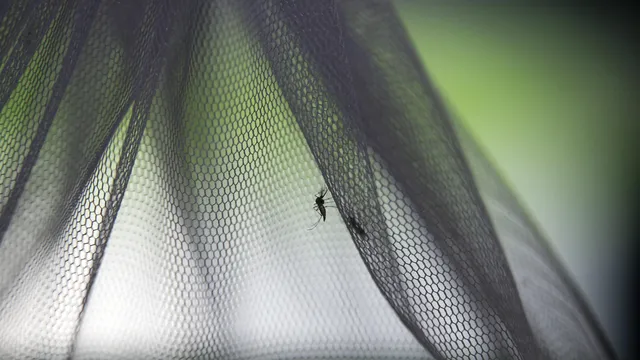Europe is reporting a record number of outbreaks of mosquito-borne diseases such as chikungunya and West Nile virus, according to the European Centre for Disease Prevention and Control (ECDC). Experts say the cause is the climate crisis, which is turning such epidemics into “the new normal.”
Increasingly long and intense transmission seasons are driven by a combination of factors such as rising temperatures, longer summers, milder winters, and shifts in rainfall patterns, the ECDC explains. These conditions create an ideal environment for the spread of mosquitoes and the diseases they carry.
“We are entering a new phase in which the longer, wider, and more intense spread of mosquito-borne diseases is becoming the new normal,” said the agency’s director, Pamela Rendi-Wagner.
The mosquito Aedes albopictus, which can transmit chikungunya, is now established in 16 European countries and 369 regions, compared with just 114 a decade ago. In 2025 alone, the continent recorded 27 outbreaks of chikungunya—the most on record. A locally acquired case was identified for the first time in France’s Alsace region—highly unusual for this latitude and a sign that risk is expanding northward.
As of August 13, eight European countries had reported 335 locally acquired cases of West Nile virus and 19 deaths, with Italy the hardest hit at 274 infections.
“As this epidemiological landscape evolves, more people in Europe will find themselves at risk,” said Céline Gossner, a head of department at the ECDC. She stressed that prevention is more important than ever—both through coordinated public health action and through personal protection.
The agency recommends using repellents, wearing long clothing, and installing screens on windows and bed nets as effective measures to reduce the risk of bites. | BGNES

 Breaking news
Breaking news
 Europe
Europe
 Bulgaria
Bulgaria







